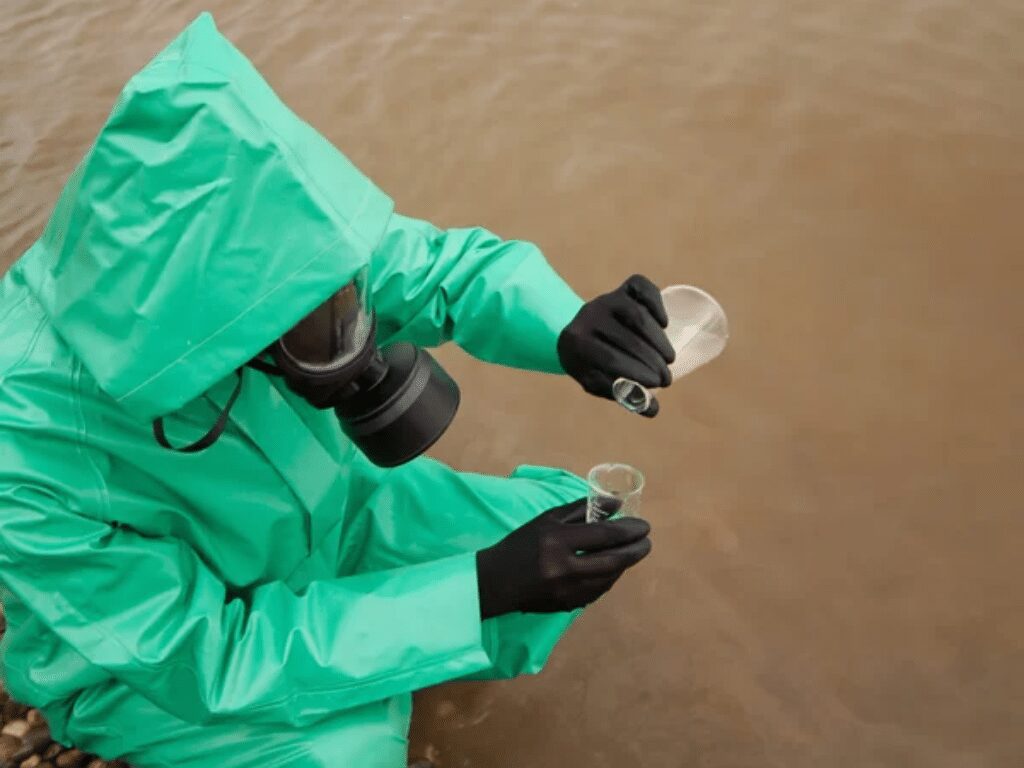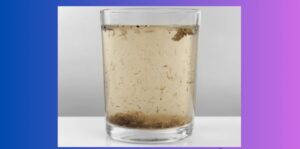
Waste Water Testing is a type of environmental testing that involves analyzing samples of wastewater to measure the levels of certain contaminants and pollutants. These tests are used to identify the sources of contamination, assess the safety of wastewater, and monitor changes in wastewater quality over time. Wastewater testing is often used to ensure compliance with environmental regulations.
Waste Water Testing in Qatar is important for a variety of reasons. It can detect pollutants that may be present in water, identify sources of pollution, and help ensure that water is safe for drinking, swimming, and other uses. Testing can also provide valuable information on the health of local ecosystems, and it can be used to monitor compliance with environmental regulations. By testing waste water, we can protect our environment and ensure that water resources are safe and healthy.

A waste water test typically includes a variety of tests to measure the physical and chemical properties of the wastewater. These tests may include pH, total suspended solids, total dissolved solids, biochemical oxygen demand (BOD), chemical oxygen demand (COD), nitrate, sulfate, and heavy metals. In addition, other tests may include fecal coliform, total coliform, and fecal streptococcus.
Waste Water Testing is typically conducted by a laboratory or a certified environmental testing company. Laboratories and testing companies use various methods and equipment to analyze wastewater samples. These methods may include spectrophotometry, titration, and chromatography.
How To Do Microbiological Tests?
Microbiological testing is a type of laboratory testing that is used to detect the presence of microorganisms in a sample. Microbiological tests are commonly used in the food industry to detect the presence of harmful bacteria, such as E. coli, Salmonella, and Listeria. These tests are also used in the medical field to diagnose and monitor infectious diseases. Microbiological tests typically involve the use of culture media, biochemical tests, and molecular techniques to detect and identify the presence of microorganisms.
Microbiological Testing in Qatar is used to identify and measure the presence of microorganisms in food, water, and other substances. This type of testing is important for ensuring the safety, quality, and integrity of products, as microorganisms can cause spoilage, contamination, and even disease. Microbiological tests can also be used to assess the effectiveness of food processing and sanitization procedures.
How To Check Shelf life?
Checking shelf life is important because it ensures that food is safe for consumption. Shelf life indicates the length of time a food can be stored before it begins to spoil or go bad. Checking shelf life helps to prevent foodborne illnesses and other health risks caused by consuming expired food. Additionally, it helps to ensure that food is fresh and of high quality before it is served to customers.
Shelf life is an important factor to consider when manufacturing and selling products. Knowing how long a product can stay safe and maintain its quality can help manufacturers determine production quantities and determine when they need to be replaced in order to maintain safety and quality. The shelf life of a product also indicates how long it can be stored before its quality and safety start to deteriorate, which is important for retailers to know so they can properly label expiration dates and rotate stock. Proper knowledge of shelf life can also help customers know when to consume products without risking food poisoning or spoilage.

As the testing is so crucial these days. So make sure to get in touch with us at Mets Lab where we come across so many testing patterns that you can pick amongst.






No comment yet, add your voice below!